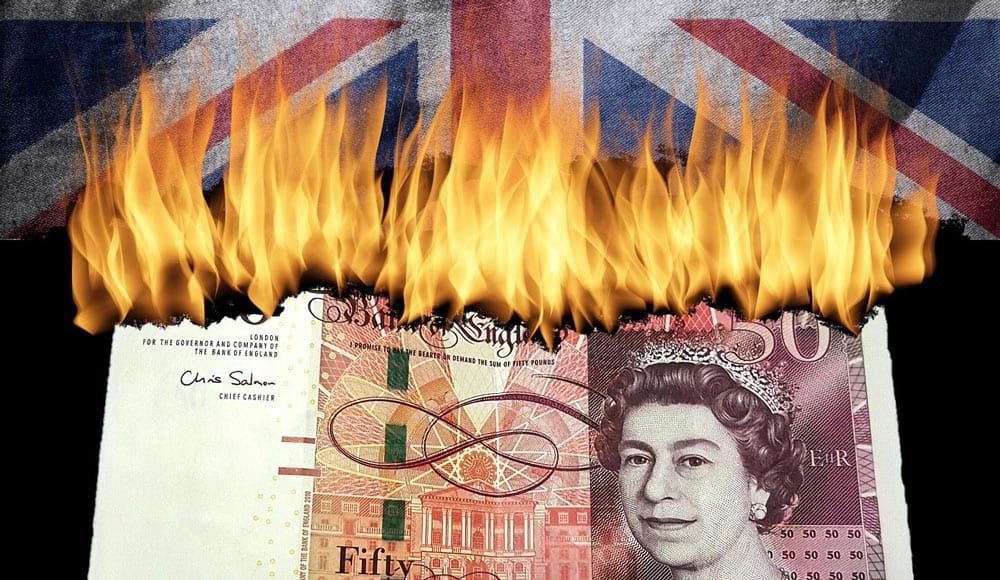By Ben Barlow, freelance finance writer
While many have described the decision of the UK electorate to leave the EU as a genuinely historic event, there are some who have strived to find some form of precedent in recent history.
Although we have seen seismic geopolitical changes during the last few decades as emerging countries have sought independence from previous powerhouses such as the Soviet Union and Yugoslavia, however, we have not seen an event have such an impact on globalisation since the end of the First World War.
Just as 1945 saw the end of the first wave of globalisation, so too the Brexit vote will mark a considerable watershed in the second. This underlines the unique nature of the UK’s referendum vote, which has the potential to alter the course of modern history and herald the return of nationalist politics.
So rather than searching for historical precedents that relate to Brexit, we should be wondering whether the UK’s eventual departure from the EU will set one of its own.
COULD BREXIT SET AN INFLUENTIAL PRECEDENT?
Of course, the Brexit vote is part of a wider, global trend, and one that has seen nationalism and populist politics take centre stage. From Donald Trump’s stunning election win in the US to the emergence of popular, right wing movements in Italy, Austria and the Netherlands, we are seeing a gradual shift away from globalisation and the notion of multiculturalism.
When British voters broke cover and voted to leave the EU, however, the UK became a trailblazer for this movement and many nations are watching with interest before deciding whether to initiate a revolution of their own.
This is not all, either, as British prime minister Theresa May has also broken new ground by proposing to trigger Article 50 and formal Brexit negotiations without seeking prior, parliamentary approval. This would set a unique and disturbing precedent in British politics, as it is based on an ancient royal prerogative and would completely undermine the democratic model that underpins in the UK.
Given the impact that Brexit could have on households and SMEs nationwide, it seems only fair that our elected representatives should get to vote on the process and the terms of any agreement.
HOW WOULD SUCH A PRECEDENT IMPACT ON SMES?
These precedents would have a seismic impact in both the UK and the EU, with small businesses in both regions likely to suffer adverse effects.
It would be British businesses and marketplaces that would endure the worst of these, however, particularly if the remaining EU nations stayed strong and chose to continue their membership. This would leave Britain isolated and at a distinct disadvantage during the negotiations, as the PM cannot enter into new trade deals until an agreements with Brussels has been reached.
In the short-term, online brokers FX Pro have already chartered the decline of the pound, which in turn has sent the cost of imports soaring for SMEs. The increased cost of buying goods and materials will also see SMEs forced to increase the price that they charge to their consumers, which could diminish turnover and profitability in equal measure.
So rather than searching for historical precedents that relate to Brexit, we should be wondering whether the UK’s eventual departure from the EU will set one of its own
Small businesses would also become vulnerable to any increases that are made to the cost of trading with EU nations, as tariffs are likely to be increased once the UK leaves the Union.
These changes may be too much for some SMEs to bear, particularly if they already have minimal profit margins that offer no room for error.
Given this, the other factors that we have discussed and the fact that there is no relevant, recent precedent for SMEs to research or compare, business-owners will be required to place trust in their elected representatives and hope that the UK will be able to negate the cost implications of leaving the EU.
About the blogger
Ben Barlow is a freelance finance writer specialising in stocks and shares, forex and ISAs.
After studying business at Lancaster University, Ben worked at a number of financial institutions in London and New York and is now following his passion for writing.

